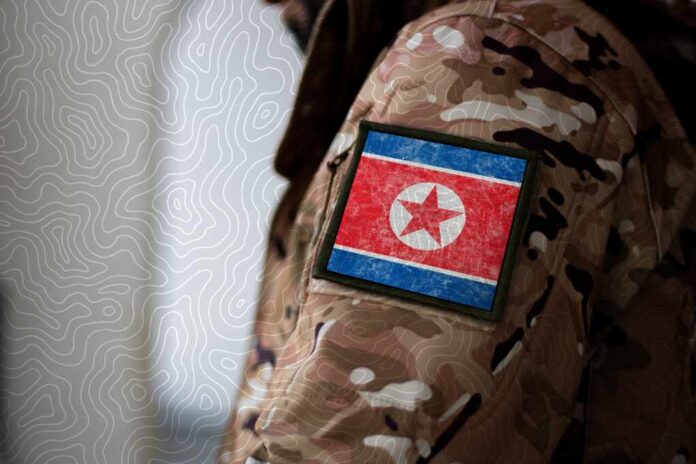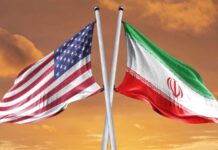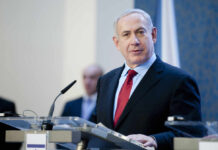
In a move that marks a significant escalation in inter-Korean relations, North Korea has declared it will no longer be bound by the 2018 North-South Military Agreement. Following the suspension of part of this agreement by South Korea in response to Pyongyang’s launch of a spy satellite, the North announced it would deploy stronger armed forces and new military hardware along the Military Demarcation Line.
The Comprehensive Military Agreement (CMA), signed during a brief thaw in relations, aimed to reduce military tension. The CMA, established at a historic summit in 2018 between North Korean leader Kim Jong Un and South Korean President Moon Jae-in, was a milestone in the historically difficult relations on the peninsula.
North Korea scraps military deal with South, vows to deploy new weapons at border https://t.co/G4xh7JJMY0 pic.twitter.com/OIs6X4U1wM
— New York Post (@nypost) November 23, 2023
Designed to ease decades of military tension, the CMA included several confidence-building measures: the cessation of hostile acts, the removal of specific guard posts and the establishment of a military hotline. Aimed at reducing the risk of accidental conflict, the agreement followed a series of diplomatic engagements but has faced challenges over its short lifespan, culminating in the recent tensions that have seen both sides step back from their commitments.
However, the recent actions by North Korea, which included a failed missile launch and the satellite deployment — a venture that likely had Russian assistance — have nullified the CMA’s intentions. This dissolution has raised concerns about the increased risk of military confrontation, which some experts say could lead to serious conflict.
A U.S. Department of State spokesperson labeled Seoul’s decision to suspend part of the CMA as “prudent and restrained,” given North Korea’s failure to adhere to the agreement. This move by South Korea is intended to improve its ability to monitor threats from the North by resuming surveillance and reconnaissance operations along the border.
Critics of the CMA argue that the agreement, while theoretically sound in reducing the risk of accidental clashes, effectively weakened Seoul’s military readiness and surveillance capabilities without diminishing the North Korean threat. This sentiment was echoed by Bruce Klingner, a former CIA analyst, who noted that the CMA’s stalling measures ultimately hindered allied military training and did not reduce North Korea’s military posture.
Despite these developments, the South’s actions indicate a firm stance on maintaining vigilance and readiness against potential aggressions from the North. The situation remains delicate, with both nations’ decisions carrying significant weight for regional stability and international relations.





























